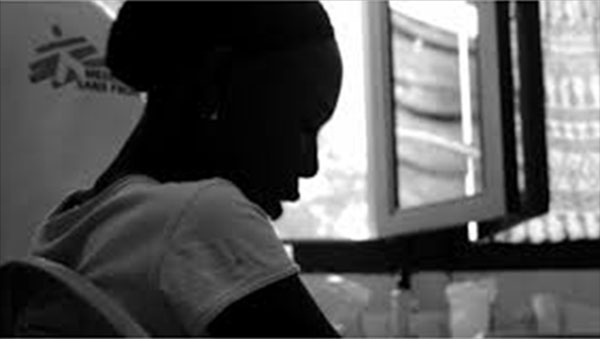By Yvonne Sam
PRIDE Columnist
 Sexual Awareness Month has been celebrated in Canada in the month of May since 1988, and throughout the entire 31 days, there is a heightened focus on sexual violence.
Sexual Awareness Month has been celebrated in Canada in the month of May since 1988, and throughout the entire 31 days, there is a heightened focus on sexual violence.
Community organizations, agencies and individuals make determined and concerted efforts to inform the public about what constitutes sexual assault, who are the most likely victims, likely perpetrators, and the necessary changes that should be made to wipe out this scourge.
While I am keenly aware of the activities, deeply appreciative of the efforts to raise awareness, and the continuous promotion of prevention; nevertheless it is becoming glaringly apparent, over the years, that the message has become somewhat misdirected. There is a lack of focus on the child— the Black child in the Black community.
The message given is that sexual violence only takes place in certain places. It is as likely to take place at a campus party, as in the supposed safety and security of the place the child of 10 or 12 years calls home, or while disarmed at a family friend’s house in the sixth or seventh grade.
Sadly, there are not enough conversations about what that child should do, whom that child turns to and where that child rests those worries, fears and anxieties.
During the month of May the stage is set upon, with so much to be done and everyone has their say, but the issue of the child is never brought into play.
A numerical representation, taken from various studies across Canada and supplied by Statistics Canada (2016), reveal the following:
- 60% of sexual abuse/assault victims are under the age of 17
- 80% of sexual assault incidents occur in the home
- 17% of girls, under 16, have experienced some form of incest
- 80% of assailants are friends and family of the victim
The community remains steeped in silence and choking on its own complicity. Child sexual abuse is a pandemic with, believe it or not, staggering statistics. The Black community has a history of being silent about the abuses that wreak havoc on our community, and, many times, of being protective of the family for several reasons—fear and shame, being two of the most prevalent.
Casting aside all humour, in his 1999 film, Bigger and Blacker, comedian, Chris Rock, tells a joke about every black family having that one molester uncle. In the comedic routine, he further pokes fun at the practice that many Black folks have experienced, in which an older family member cautions about leaving children around a particular family member, on account of that relative’s predacious tendencies.
Rock also jokes about a child relative being blamed once the uncle molests him, because the child was warned to stay away from that uncle, and the child being told by a parent to “walk it off.” It’s quite a funny bit—but it is mostly told in such a manner that one has to laugh to keep from crying.
I do inwardly shudder to think of the number of people who could directly relate to that routine. Let us not forget the age old maxim “Many a true word is spoken in jest”, or to coin a familiar Guyanese adage “True word does pass as joke”.
Undoubtedly, there is an ongoing problem in the Black community that enough of us are not talking about, and one which usually rests below the radar during Sexual Awareness Month.
Sexual assault does not start on college campuses. Sexual Awareness does not stop on May 31. Surviving sexual violence does not happen in a vacuum and, very often, it is layered with social, cultural and racial factors that affect victims differently—especially black girls.
I implore folks in the community, this month and next month and at every available opportunity, not just to pay attention to numbers, but to start conversations. It is imperative that we make an intelligent investment in a better future by sounding the alarm for our young females until they can do so for themselves.
Yvonne Sam, a retired Head Nurse and Secondary School Teacher, is Vice-president of the Guyana Cultural Association of Montreal. A regular columnist for over two decades with the Montreal Community Contact, her insightful and incursive articles on topics ranging from politics, human rights and immigration, to education and parenting have also appeared in the Huffington Post, Montreal Gazette, XPressbogg and Guyanese OnLine. She is also the recipient of the Governor General of Canada Caring Canadian Citizen Award.
 Pride News Canada's Leader In African Canadian & Caribbean News, Views & Lifestyle
Pride News Canada's Leader In African Canadian & Caribbean News, Views & Lifestyle





